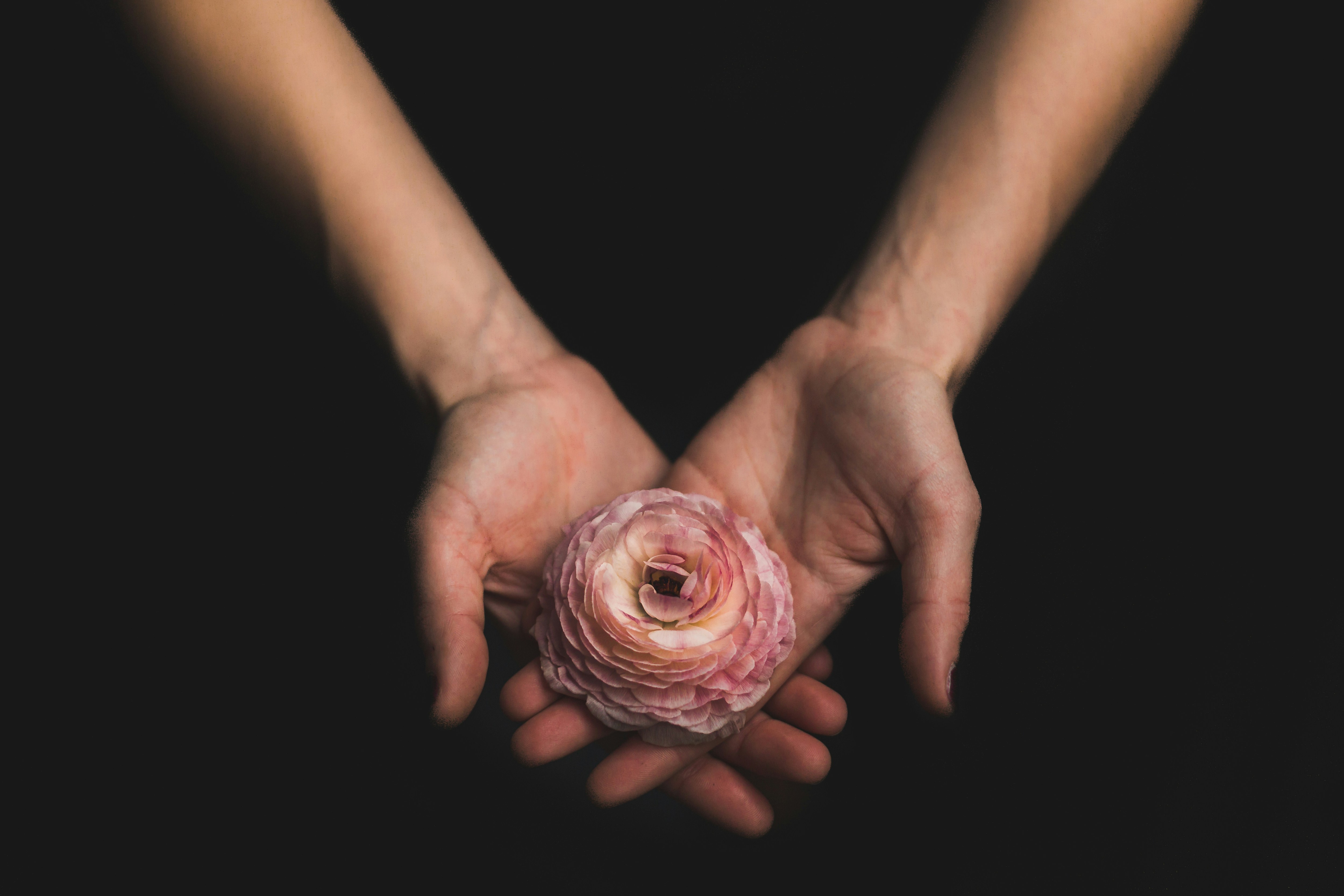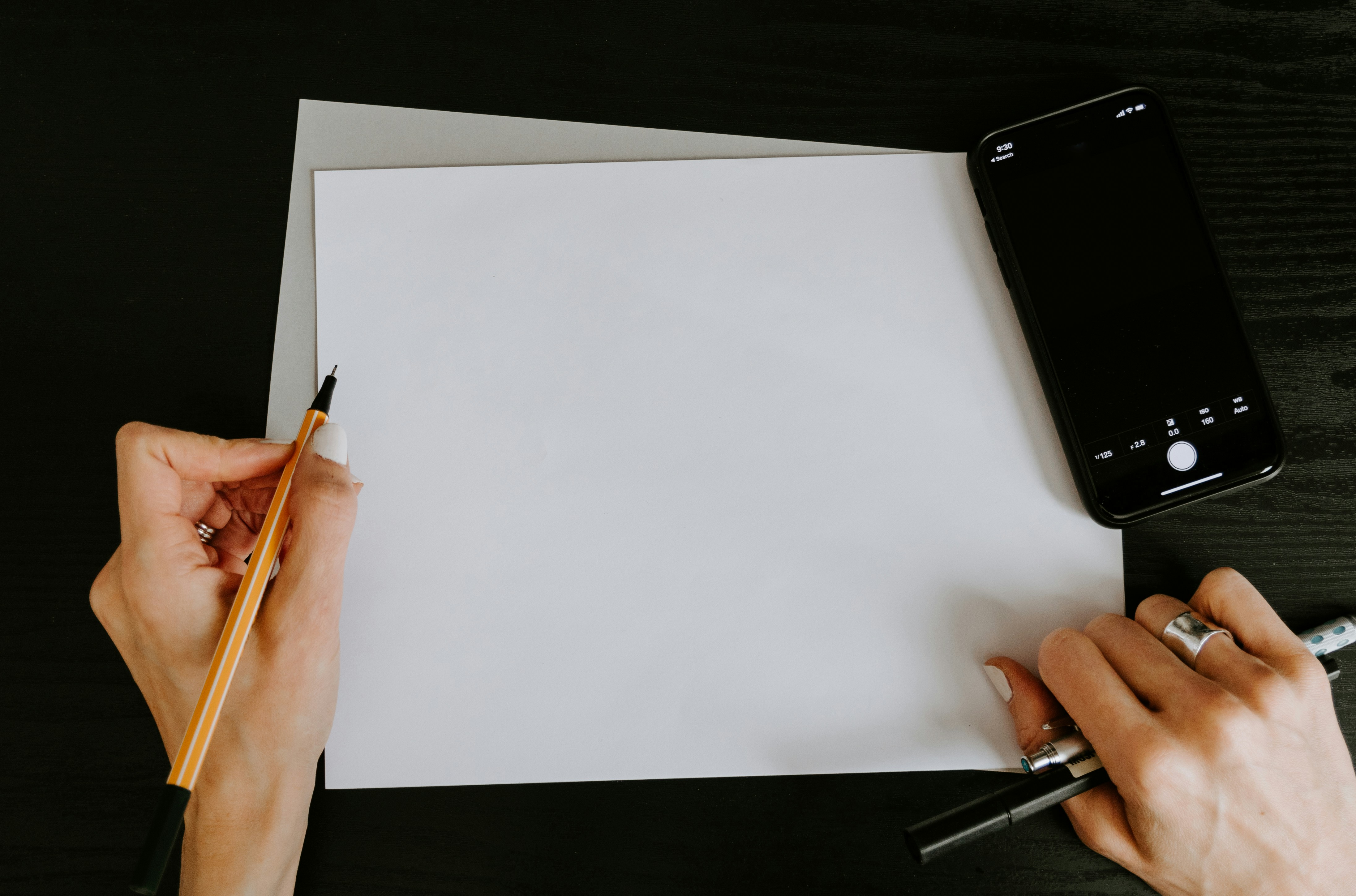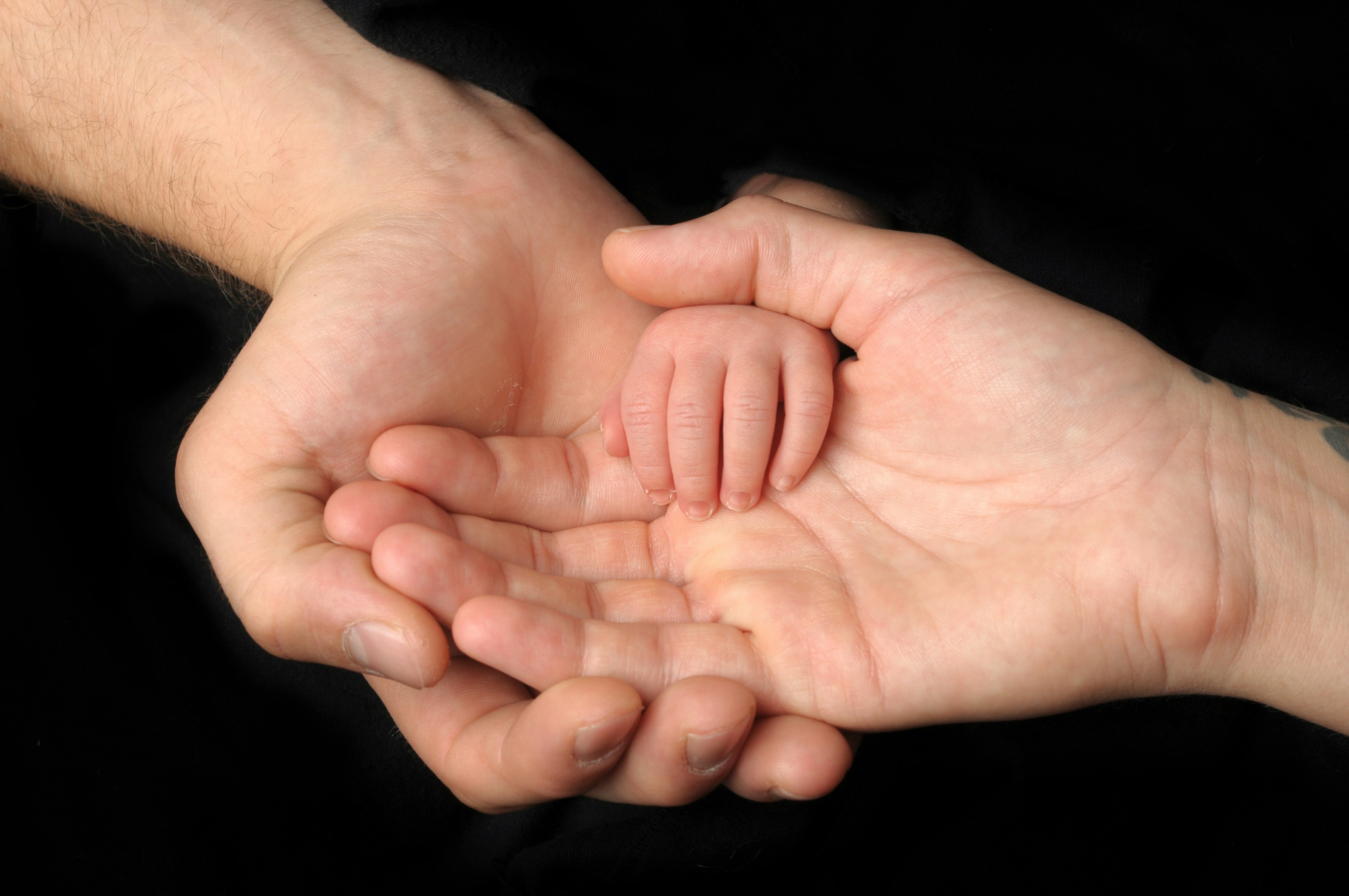The Surprising Link Between Origami and Mental Health
Published on August 30, 2024
The Surprising Link Between Origami and Mental Health

When we think of tools for improving mental health, our minds often jump to meditation apps, therapy sessions, or even medication. But what if I told you that the ancient Japanese art of paper folding could be a powerful ally in your quest for emotional well-being?
Origami, the art of folding paper into intricate designs without the use of scissors or glue, has been practiced for centuries. While it's often seen as a fun hobby or a way to create beautiful decorations, recent studies have shown that origami can have significant benefits for mental health.
The Mindfulness Connection
One of the key benefits of origami is its ability to induce a state of mindfulness. As you focus on the intricate folds and precise movements required to create a paper crane or butterfly, your mind naturally enters a state of flow. This focused attention can help quiet anxious thoughts and reduce stress.
Boosting Self-Esteem
Completing an origami project, especially a complex one, can provide a sense of accomplishment. This boost to self-esteem can be particularly beneficial for individuals struggling with depression or low self-worth. The tangible result of your efforts serves as a reminder of your capabilities.
Improving Cognitive Function
Origami isn't just about following instructions; it requires spatial reasoning, problem-solving skills, and hand-eye coordination. Regular practice can help improve memory, concentration, and overall cognitive function. This makes it an excellent activity for people of all ages, from children to seniors.
A Social Bridge
Origami can also serve as a unique way to connect with others. Whether it's teaching a child how to make their first paper airplane or joining an origami club, this art form can foster social connections and combat feelings of isolation.
Emotional Expression
For some, origami can become a form of emotional expression. The choice of paper, the intricacy of the design, and even the final shape can reflect one's inner state. This non-verbal form of expression can be particularly helpful for those who struggle to articulate their feelings verbally.
Getting Started
If you're interested in exploring the mental health benefits of origami, here are a few tips to get started:
- Begin with simple designs and gradually work your way up to more complex ones
- Use YouTube tutorials or origami books for guidance
- Set aside dedicated time for your origami practice, treating it as a form of self-care
- Don't focus on perfection - the process is more important than the end result
- Consider joining an origami group or club to share your journey with others
As we navigate the complexities of modern life, it's important to remember that sometimes the simplest tools can have the most profound impact on our mental well-being. So the next time you're feeling stressed or overwhelmed, why not try folding a paper crane? You might be surprised at the peace and clarity you find in those precise folds and creases.
If you're looking for more innovative ways to support your mental health and improve family communication, check out Thinker, an AI-powered tool designed to help you navigate relationships and foster positive interactions.


